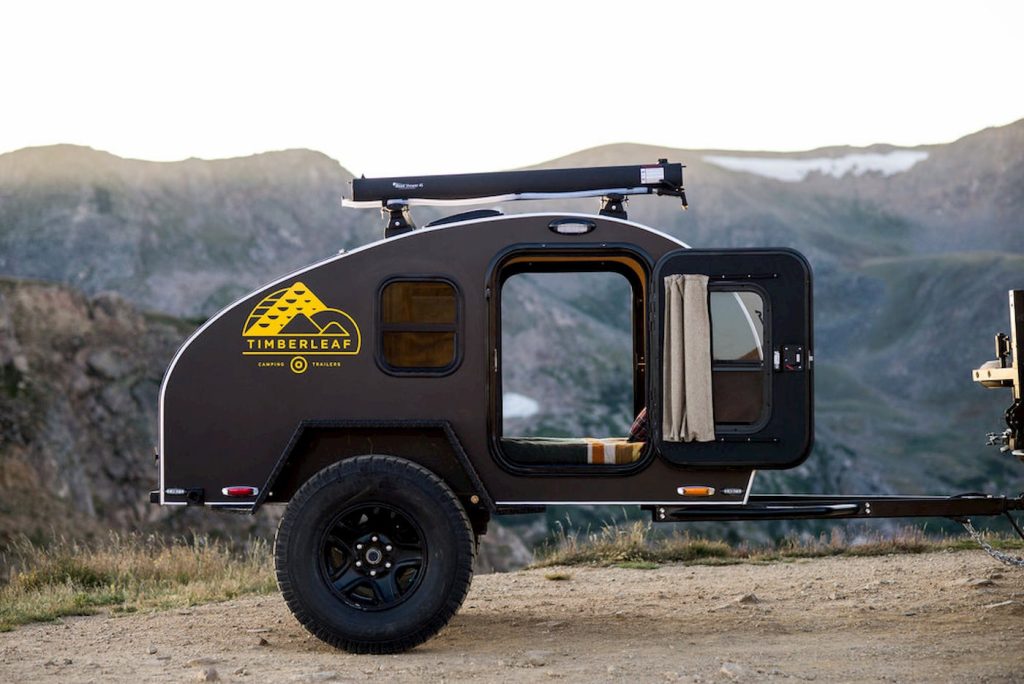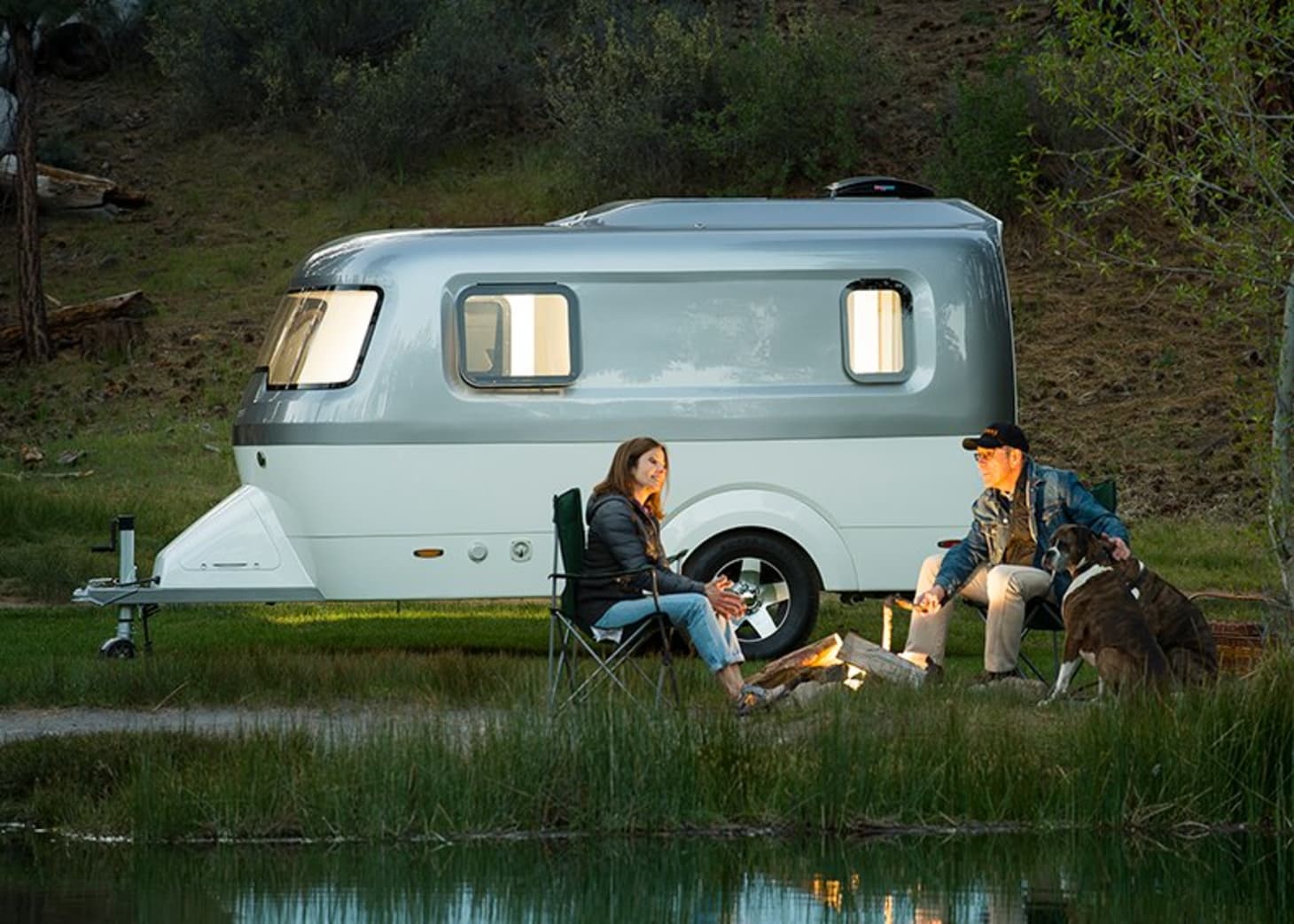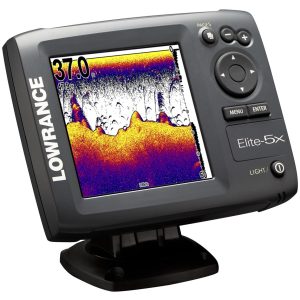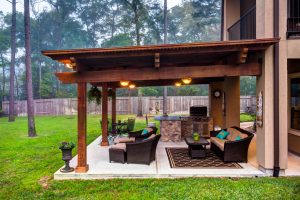I. Introduction
A. The allure of camping and the importance of quality gear
Camping has a way of rejuvenating the soul and providing a break from the hectic pace of modern life. It allows us to disconnect from technology and reconnect with nature, creating an immersive experience that is good for our mental and physical well-being. However, to fully enjoy the camping experience and ensure a comfortable stay, investing in quality gear is essential. From tents and sleeping bags to cooking equipment and lighting, having the right gear can make all the difference in the quality of your camping trip.
B. The convenience and freedom of small campers
While traditional camping with tents and sleeping bags can be a fantastic experience, many campers are opting for more convenient and compact options – small campers. These compact trailers or RVs offer the convenience of having a portable living space that can be towed behind a vehicle. Small campers provide a sense of freedom as they allow you to explore various camping locations without requiring extensive setup or tear-down.
II. Choosing the Perfect Campsite
A. Researching campgrounds and outdoor areas
Before embarking on your camping trip, it’s crucial to research and choose the perfect campsite. There are various factors to consider when selecting a campsite, including location, amenities, and nearby attractions. Researching different campgrounds and outdoor areas will help you make an informed decision and ensure that your camping experience meets your expectations.
When considering location, think about the type of scenery you prefer – are you more inclined towards beachside camping or mountainous landscapes? Additionally, consider the amenities available at the campsite, such as water and electrical hookups, restrooms or showers, and access to hiking trails or fishing spots. Lastly, think about nearby attractions that may enhance your camping experience, such as national parks, lakes, or local attractions.
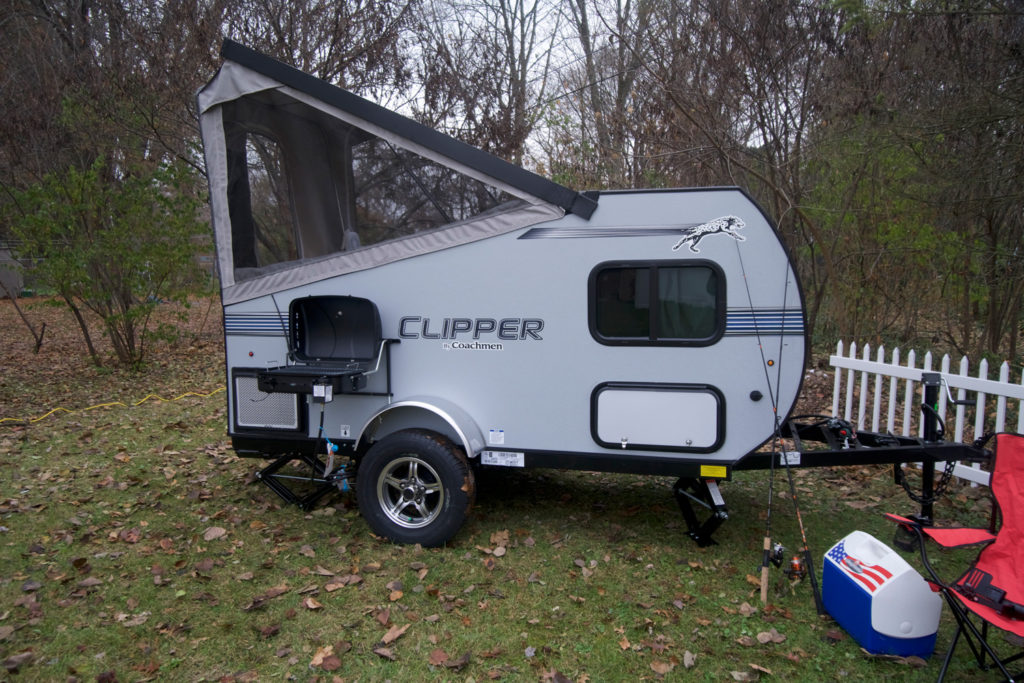
B. Assessing Campsite Requirements
Once you have narrowed down your campsite options, it’s essential to assess the specific requirements needed for small campers. Unlike traditional tent camping, small campers require adequate space and accessibility. Ensure that the campsites you are considering can accommodate the size of your camper and have enough space for parking and leveling.
Moreover, check whether the campsite has the necessary amenities for small campers. Having access to water hookup, electrical hookup, and waste disposal facilities can greatly enhance your camping experience. Some campsites may offer these amenities at an additional cost, so keep that in mind when planning your budget.
III. Essential Camping Gear
A. Setting Up Camp
- Tents: Choosing the right size and style When it comes to tents, choosing the right size and style is essential for a comfortable camping experience. Consider the number of people that will be sharing the tent and opt for a size that allows for ample space for sleeping and storing gear. Additionally, consider the tent’s style – dome tents are easy to set up and offer good stability, while cabin tents provide more headroom and space for larger groups.
- Sleeping gear: Sleeping bags, sleeping mats, and camping pillows A good night’s sleep is crucial for enjoying your camping adventure. Invest in high-quality sleeping bags that are appropriate for the climate you will be camping in. Consider the temperature rating of the sleeping bag to ensure that it will keep you warm during colder nights.
Additionally, sleeping mats or air mattresses can provide extra comfort and insulation from the ground. Camping pillows can also enhance your sleeping experience by providing adequate neck and head support.
B. Campsite Comfort

- Outdoor furniture: Camping chairs, tables, and hammocks Having comfortable outdoor furniture can greatly enhance your camping experience. Camping chairs provide a place to relax and unwind, while camping tables offer a dedicated spot for meals and activities. Consider foldable or lightweight options for easy transportation and storage.
Furthermore, hammocks are a fantastic addition to any campsite, providing a comfortable and relaxing spot to lounge and enjoy nature. Just make sure to follow the proper setup instructions and find suitable anchor points.
- Camp kitchen essentials: Stoves, cookware, and utensils Preparing meals while camping can be an enjoyable experience, especially when you have the right camp kitchen essentials. Invest in a camping stove that suits your cooking needs – whether it’s a portable gas stove or a wood-burning campfire grill.
Make sure to bring cookware and utensils that are suitable for outdoor cooking. Cast iron pans, lightweight cooking pots, and durable utensils are must-haves for campsite cooking. Don’t forget essential items like a can opener, cutting board, and cooking utensils.
C. Lighting and Safety
- Illumination options: Lanterns, headlamps, and flashlights Having proper lighting is crucial for a safe and enjoyable camping experience, especially during nighttime. Lanterns provide ambient lighting and can be hung or placed in different areas of your campsite. Headlamps are essential for hands-free illumination, whether you’re cooking, setting up tents, or going on nighttime walks. Flashlights also come in handy for directing light to specific areas.
- First aid kits and safety equipment: Preparing for emergencies Accidents and emergencies can happen during camping trips, so it’s crucial to be prepared. Always carry a well-stocked first aid kit that includes items like bandages, antiseptic ointment, and pain relievers. Additionally, consider having safety equipment like a fire extinguisher, a whistle, and a multi-tool for various tasks.
IV. Small Campers: Convenience and Freedom

A. Benefits of Small Campers
Small campers offer numerous benefits that make them a popular choice among camping enthusiasts. Firstly, their compact size and lightweight nature make them easy to maneuver, allowing for more flexibility in choosing campsites. They can fit into tight camping spots and navigate winding roads with ease. Additionally, small campers are versatile and can be taken to off-grid and remote locations that larger RVs may struggle to access.
B. Types of Small Campers
- Teardrop trailers: Teardrop trailers are known for their compact and efficient design. They typically feature a small sleeping area that can accommodate two people and a rear kitchenette for cooking. These trailers are lightweight and easy to tow, making them perfect for couples or solo travelers.
- Pop-up campers: Pop-up campers, also known as tent trailers, are lightweight and expandable. When collapsed, they are easy to tow and store. However, when opened, they provide spacious sleeping areas and additional amenities like kitchens and more seating. Pop-up campers are ideal for families or larger groups.
C. Tips for a Successful Small Camper Camping Experience
To make the most of your small camper camping experience, consider the following tips:
- Pack efficiently and maximize space: With limited storage space in small campers, it is vital to pack efficiently. Pack clothes in compression bags to save space, use collapsible storage containers, and utilize storage compartments provided in the camper. Consider only bringing essential items to avoid overcrowding the camper.
- Understanding small camper maintenance and setup procedures: Before heading out on your camping trip, familiarize yourself with the maintenance and setup procedures specific to your small camper. This includes knowing how to properly level the camper, set up the awning, and connect to water and electrical hookups if available. Understanding these procedures will ensure a smooth and stress-free camping experience.
V. Recommended Camping Accessories and Gadgets
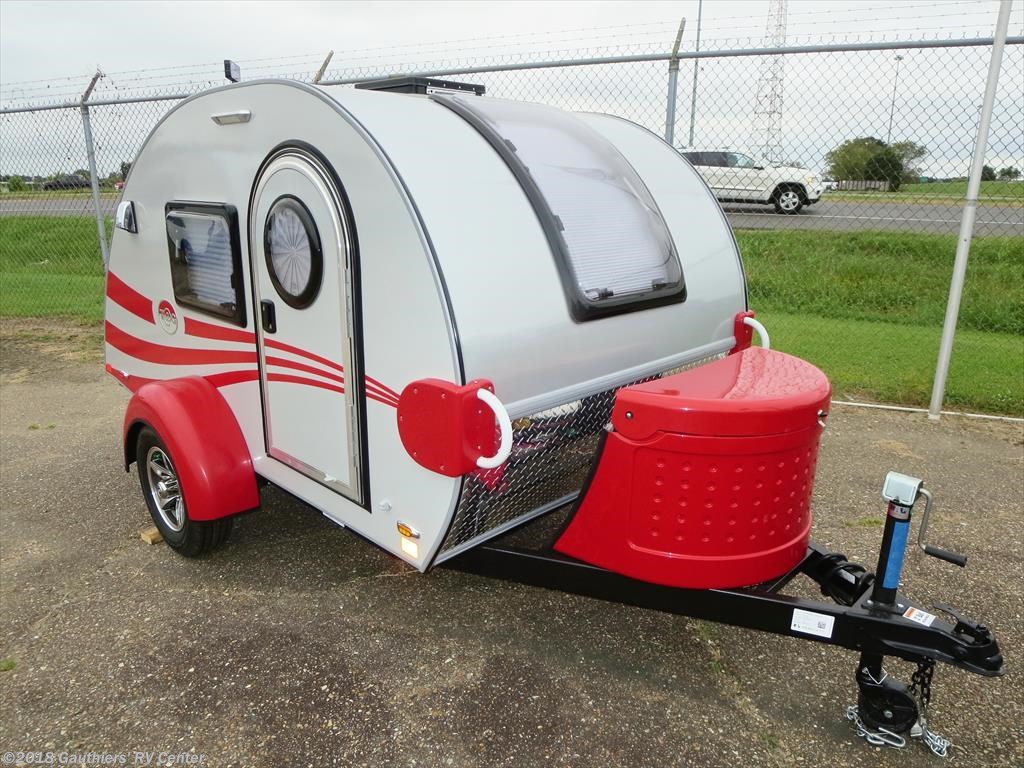
A. Campfire Essentials
- Fire starters and firewood storage: Bring fire starters like waterproof matches, lighters, or firestarter cubes to ensure you can easily start a campfire. Additionally, invest in a firewood storage solution like a firewood rack or a firewood tote to keep your firewood dry and organized.
- Portable grills and cooking gadgets for campfire cooking: Enhance your campfire cooking experience with portable grills and cooking gadgets. Compact grills, grilling baskets, and pie irons are great options for cooking delicious meals over the campfire. Don’t forget essential cooking utensils like tongs and spatulas.
B. Outdoor Recreation Gear
- Hiking and backpacking essentials: If you plan to explore hiking trails during your camping trip, make sure to bring essential hiking gear. This includes proper hiking boots, backpacks, water bottles or hydration packs, navigation tools, and appropriate clothing layers for varying weather conditions.
- Water activities: Depending on the location of your campsite, water activities can be a fantastic addition to your camping experience. Bring kayaks or paddleboards and the necessary safety gear if you plan to enjoy water sports. If fishing is your preferred activity, don’t forget to bring fishing gear, including rods, reels, bait, and a fishing license if required.
In conclusion, small campers offer convenience and freedom, allowing campers to easily explore different camping locations. Teardrop trailers and pop-up campers are popular choices due to their compact size and versatility. To ensure a successful small camper camping experience, pack efficiently, understand maintenance and setup procedures, and consider recommended camping accessories and gadgets. Whether you’re enjoying a cozy campfire or engaging in outdoor recreation activities, small campers provide all the essentials for a memorable camping adventure. So, embrace the convenience and freedom that small campers offer and embark on your next camping journey.
